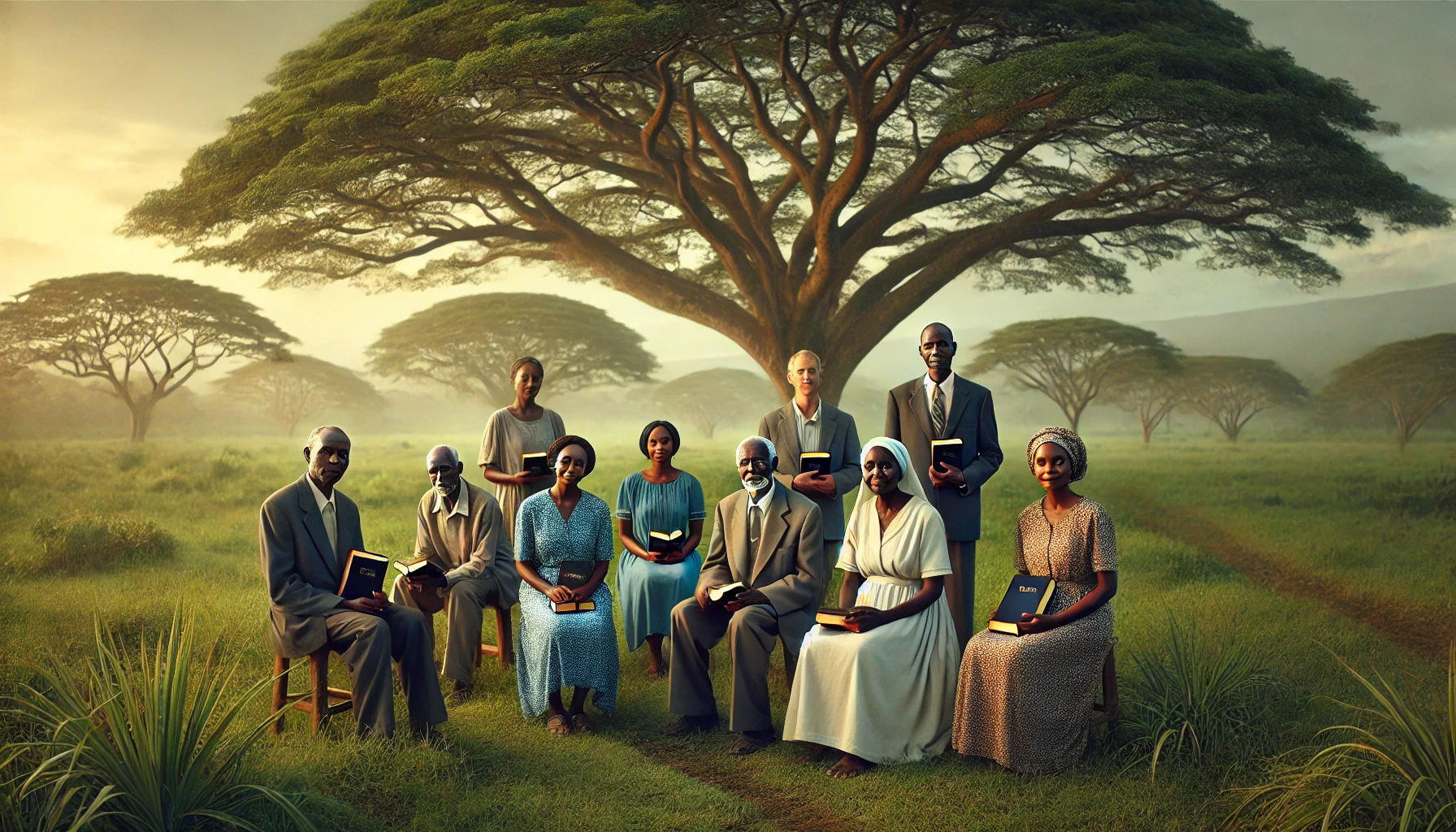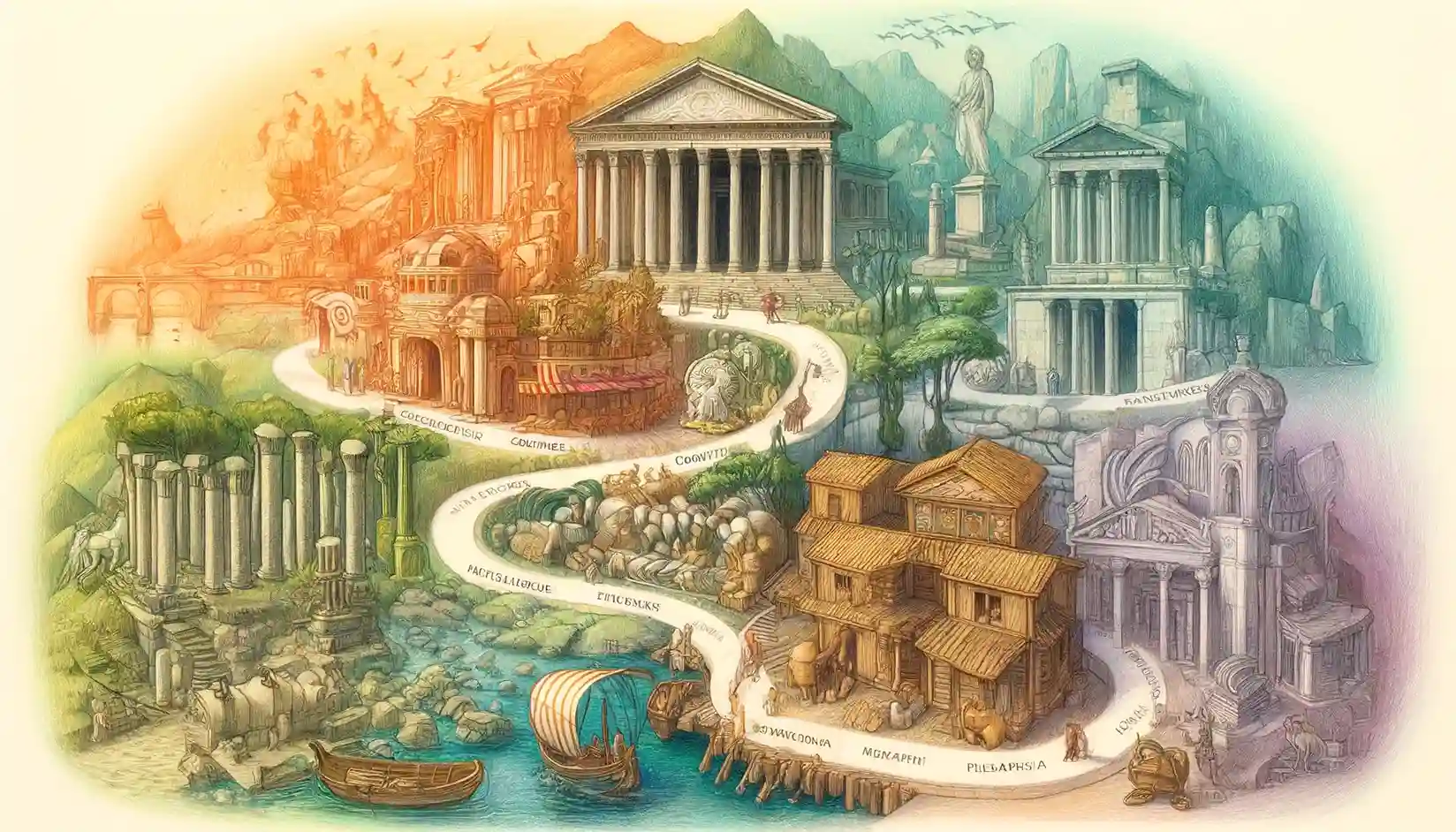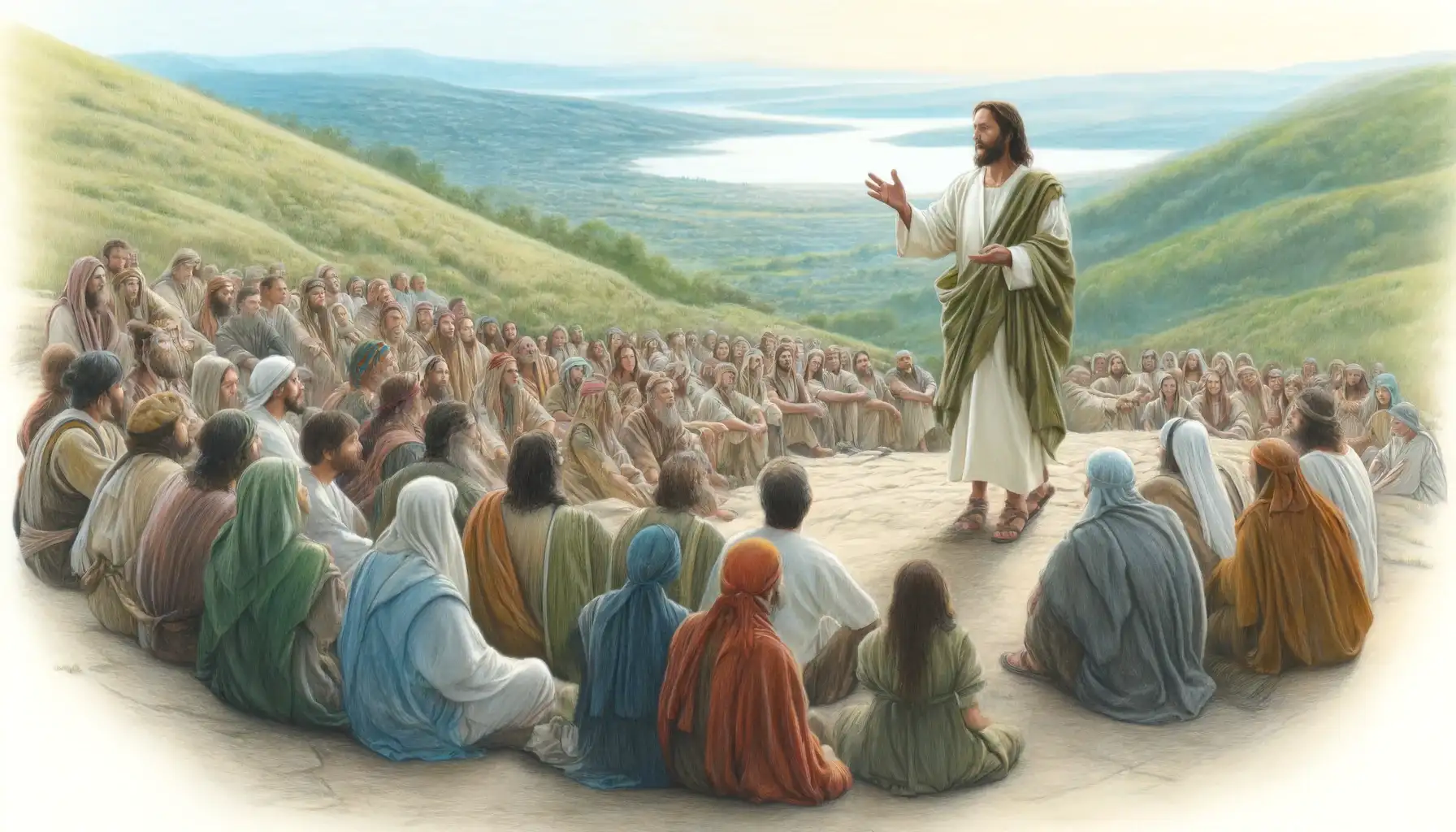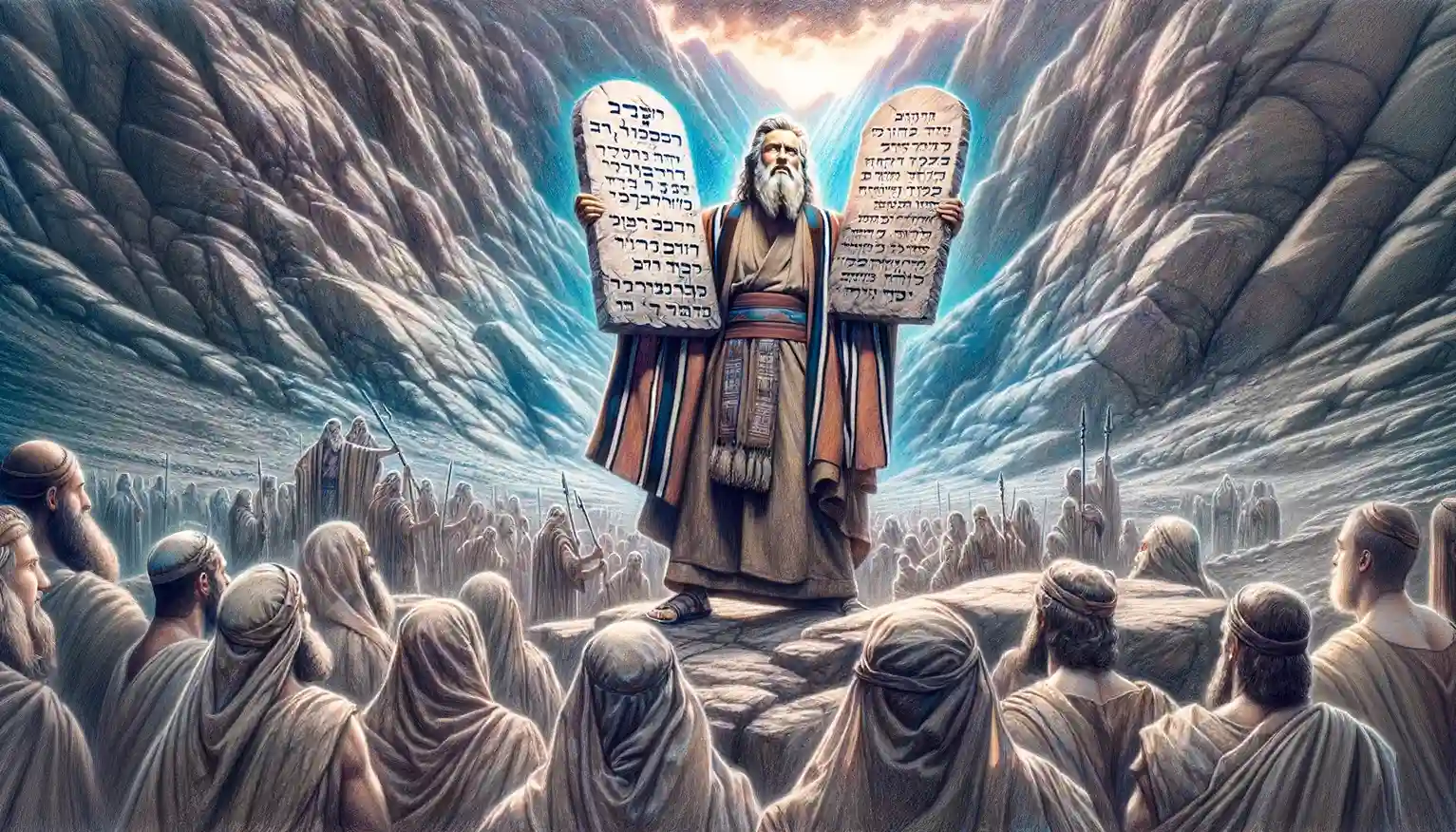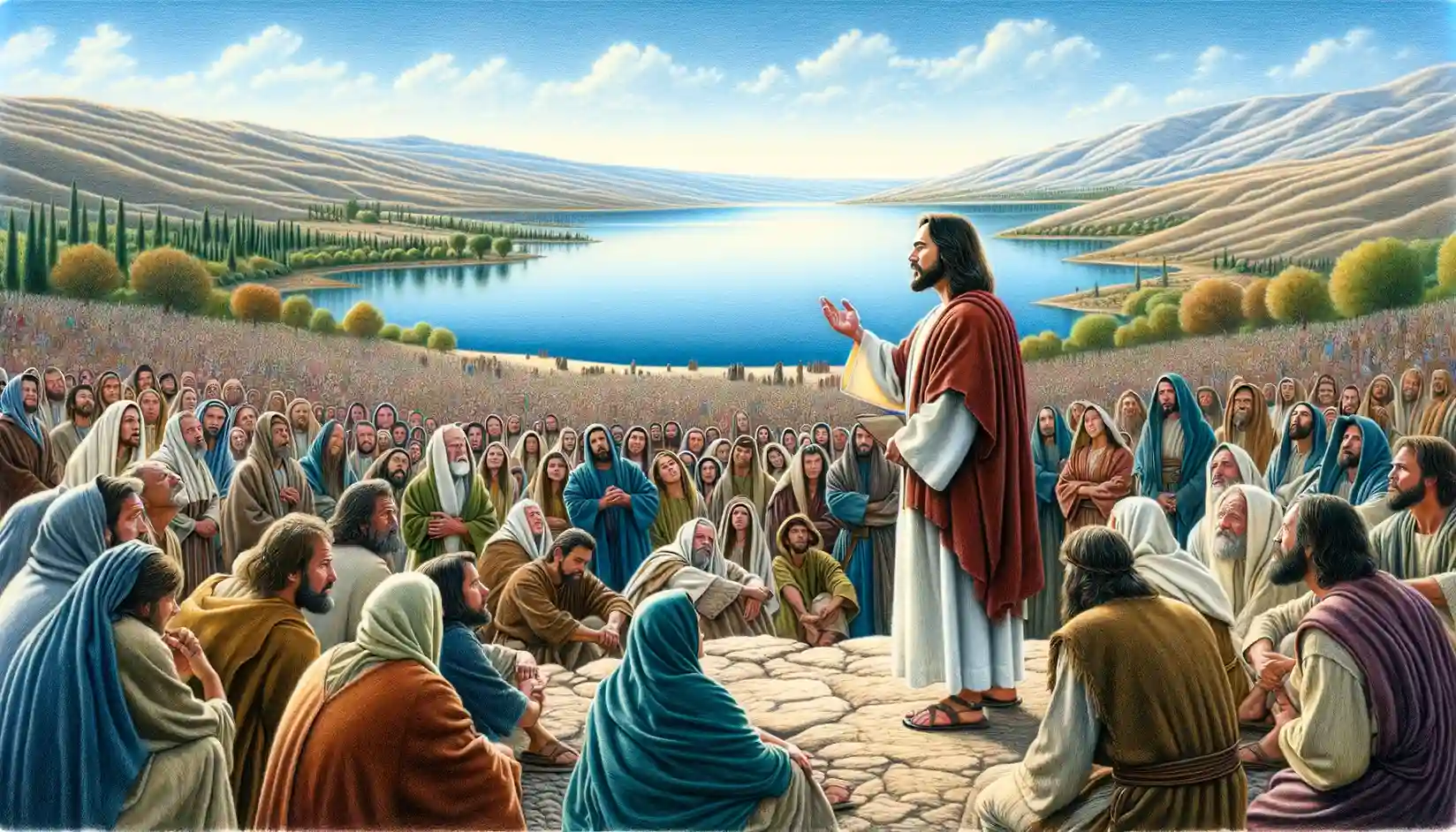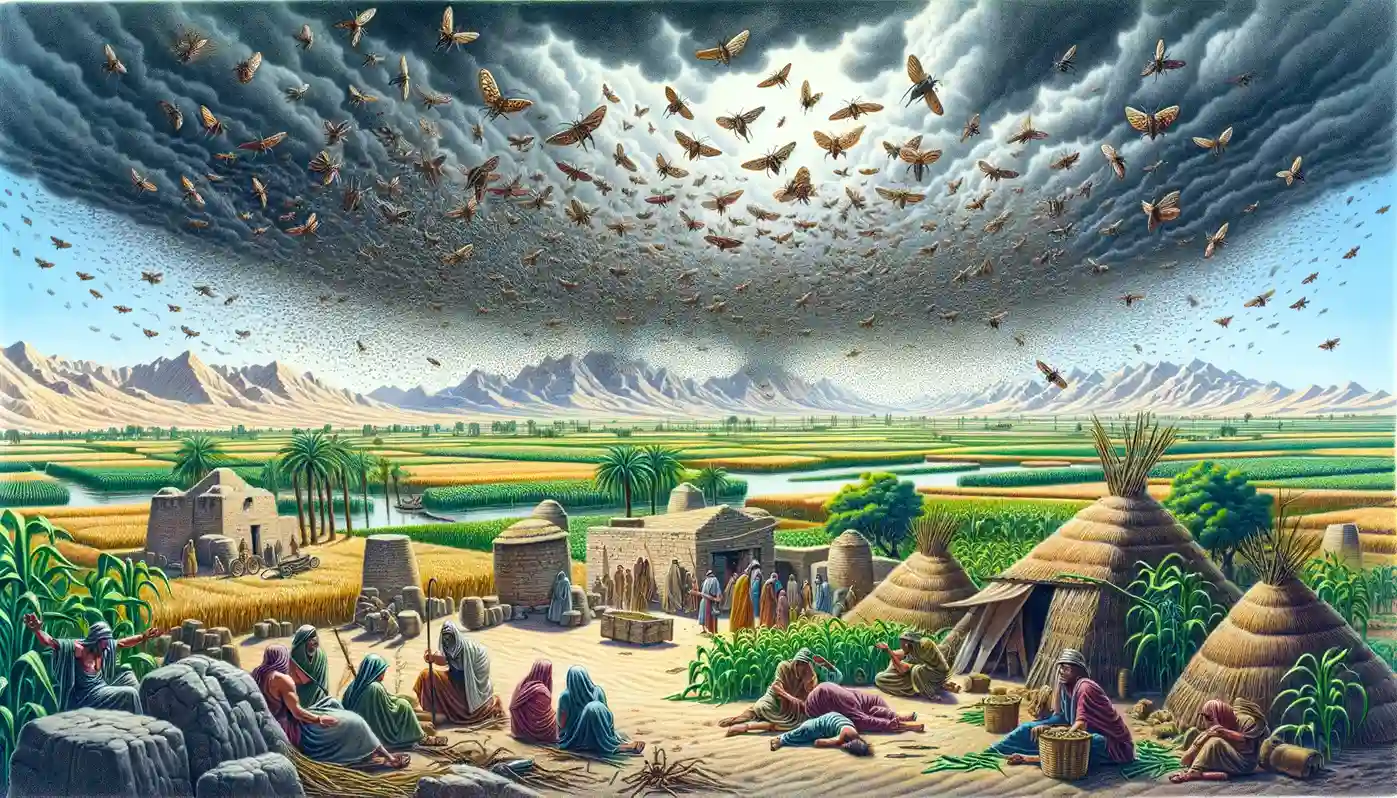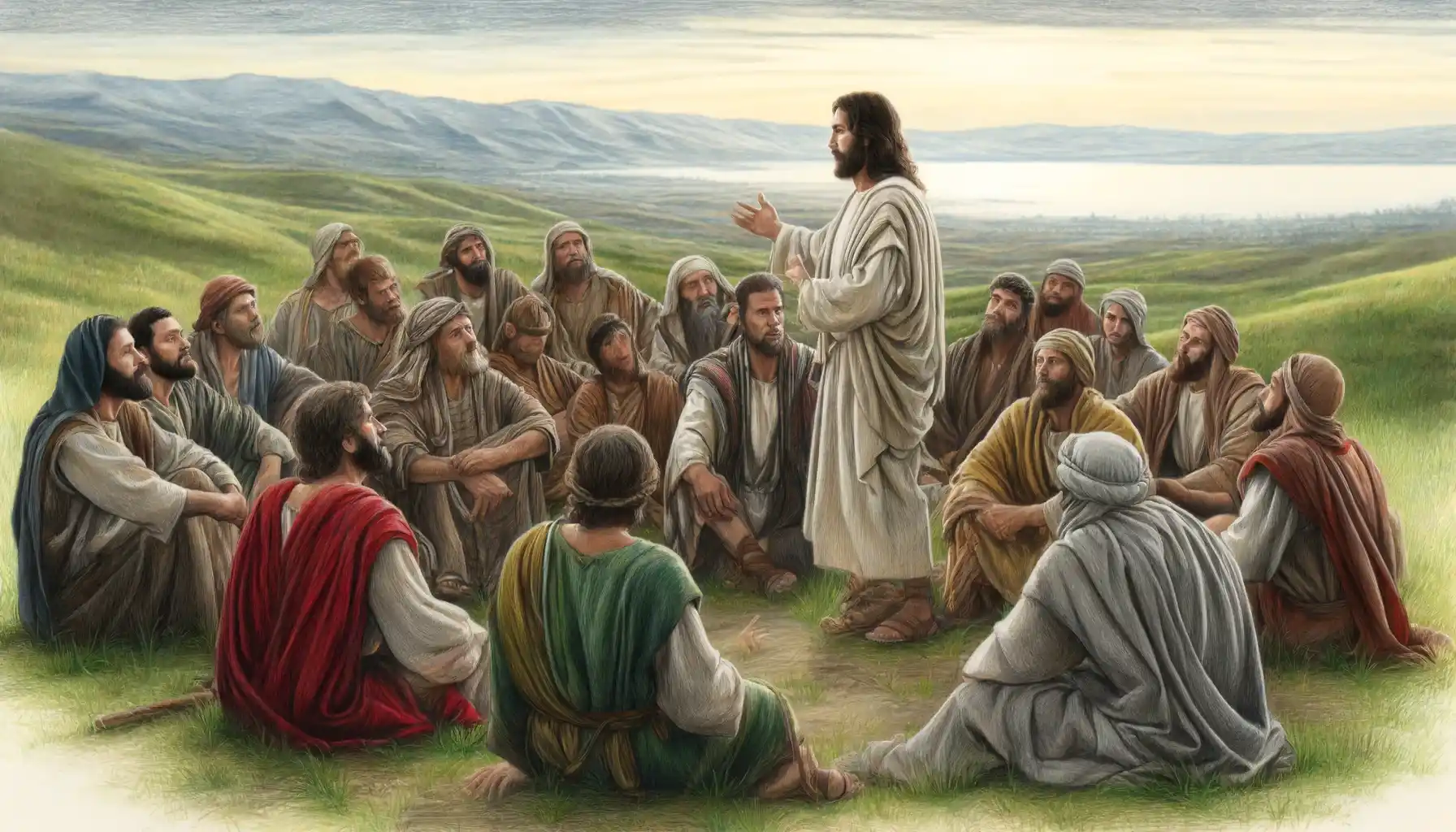The Gifts of the Spirit are divine empowerments given by the Holy Spirit to believers in Christ to build up the Church and spread the gospel. These gifts vary in nature and purpose, ranging from practical service to supernatural acts like healing and prophecy. However, they are all given by the same Spirit and must be exercised in love to bring unity and glorify God.
The genealogies of Jesus Christ, presented in Matthew 1:1-16 and Luke 3:23-38, trace His lineage through different ancestries and purposes, emphasizing His royal descent, fulfillment of prophecy, and connection to all humanity.
Paul’s epistles to various communities such as Rome, Corinth, Galatia, Ephesus, Philippi, Colossae, and Thessalonica address local issues and broader theological themes, shaping the foundational doctrines and practices of early Christianity.
The Beatitudes, as detailed in Matthew 5:3-12, encapsulate Jesus’ profound teachings on the spiritual attitudes that lead to blessedness, revealing the kingdom values of humility, mercy, and righteousness that promise divine comfort and reward.
The Seven Seals, Trumpets, and Bowls of Wrath described in Revelation chapters 6 through 16 present a complex series of divine judgments, symbolizing escalating consequences for human sin and unrepentance, and illustrating God’s absolute sovereignty and justice as He moves decisively towards the ultimate restoration of creation and the final defeat of evil.
The Ten Commandments, delivered to Moses on Mount Sinai, serve as a foundational moral and spiritual code in the Bible, establishing principles of worship, ethics, and social behavior that profoundly influence Judaic and Christian traditions and the moral foundations of Western society.
The “I AM” statements of Jesus in the Gospel of John are profound declarations that not only reveal His divine identity and messianic mission but also symbolically connect Him with the Old Testament revelation of God as “I AM,” thereby affirming His unique role as the sustainer of life, the source of salvation, and the ultimate revelation of divine truth to humanity.
The Ten Plagues of Egypt, as described in the Book of Exodus, systematically demonstrate the supremacy of Yahweh over Egyptian deities, culminating in the liberation of the Israelites from slavery.
The Song of Solomon, a radiant tapestry of lyrical poems, weaves the fervent emotions and desires between a bridegroom and his bride, celebrating the intimate and passionate facets of love through vivid and sensuous imagery drawn from nature.
The Twelve Apostles of Jesus, as listed in Matthew 10:2-4, were chosen from various walks of life to follow Christ, receive direct teachings, and spread the foundational messages of Christianity, each contributing uniquely to the establishment and growth of the early Christian Church.

